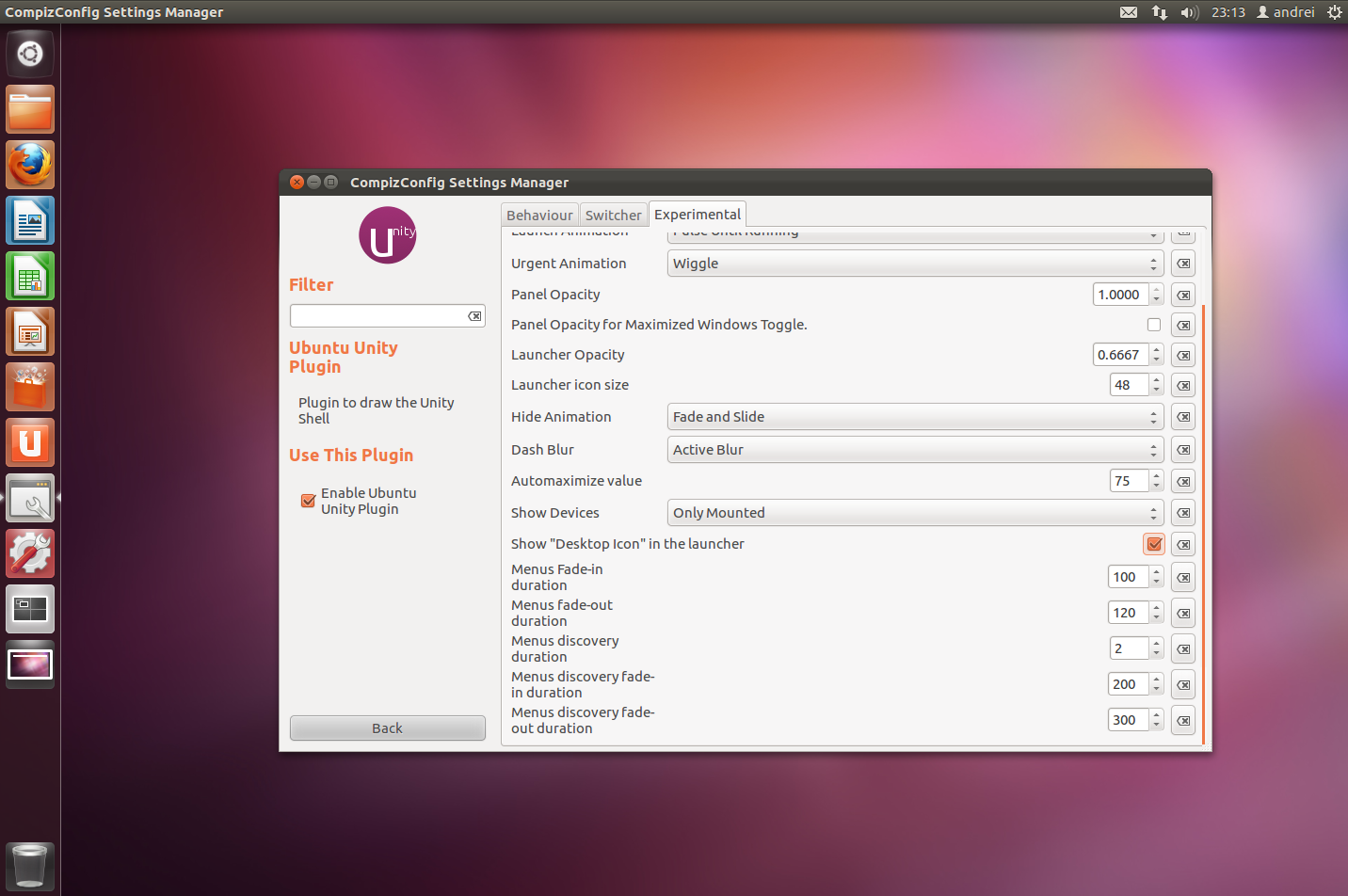iamwhatiseem
Diamond Member
I don´t agree. Its mere nonsense that suggests you are using Linux 0.01.
For example, Vista is indeed more secure than XP but not due to a not-existing lack of security updates for XP but due to new features (e.g. Noob UAC, improved Firewall). XP and other Windows systems, however, are more secure than Linux. XP had 13 years of attacks and the resulting security updates. I guess, that an Ubuntu that faces the same threats like a Windows OS in the web, would be an easy target. Linux´ security argument bases on Window´s overwhelming market share. As Linux has a very low market share, few malware is written for Linux.
Windows from NT 2.0 through Windows XP used the OS/2 core - which featured a "portable kernel." Really this was a cool feature, that made NT the most flexible OS in history. NT has run every kind of device you can imagine, big NC mills, ticket machines, hydraulic presses, refrigeration It also made the system extremely vulnerable - the ability to replace the kernel of the OS at will means that some truly heinous things could be done.
The Longhorn core replaced OS/2 starting with Vista. Longhorn locks the zero ring and the kernel. It is every bit as secure as Linux, but also just as inflexible as Linux. Hardware abstraction died with XP.
Windows continues to dominate the market and will increase that dominance in the next few years. With motion computing supported at the core level of the new Intel I7's - the metro interface will gain traction on the desktop. In fact, I expect Apple to invent Metro in the next few years and replace the IOS and Mac interface.
Say what??
Metro is dead.
Sure some other form is highly likely to replace the traditional desktop, but Metro is (snicker) not it. It was one of MS's biggest screwups to date.
And Linux not being portable?? - what planet you living on? Ever heard of Android?
And one of Linux's strongest features is it's scalability. To this day - you can have a fully functioning, and quite powerful OS that can fit on a single floppy disk!!
And there are numerous industrial equipment running on Linux. Not sure where you are coming from saying differently.

